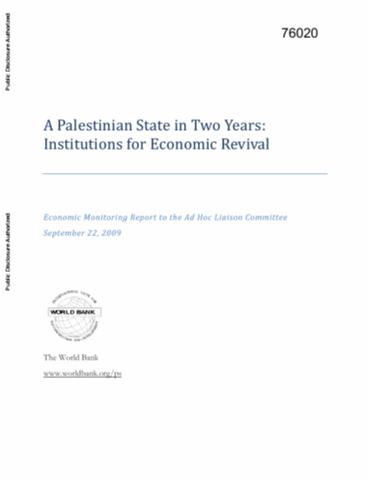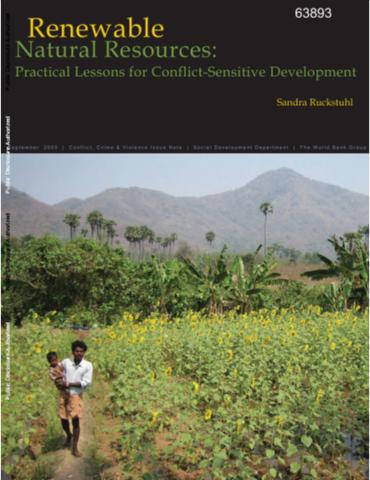The Karnataka Land Grabbing Prohibition Act, 2011
An Act to provide for measures to curb organized attempts to grab lands whether belonging to the Government, wakf or the Hindu Religious Institutions and Charitable Endowments, local authorities or other statutory or non-statutory bodies owned or controlled or managed by the Government.







